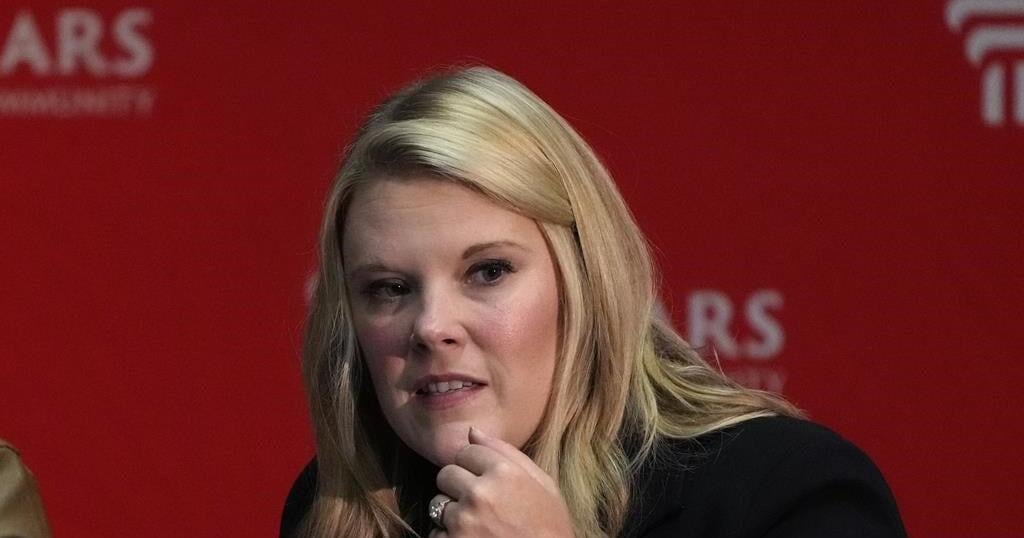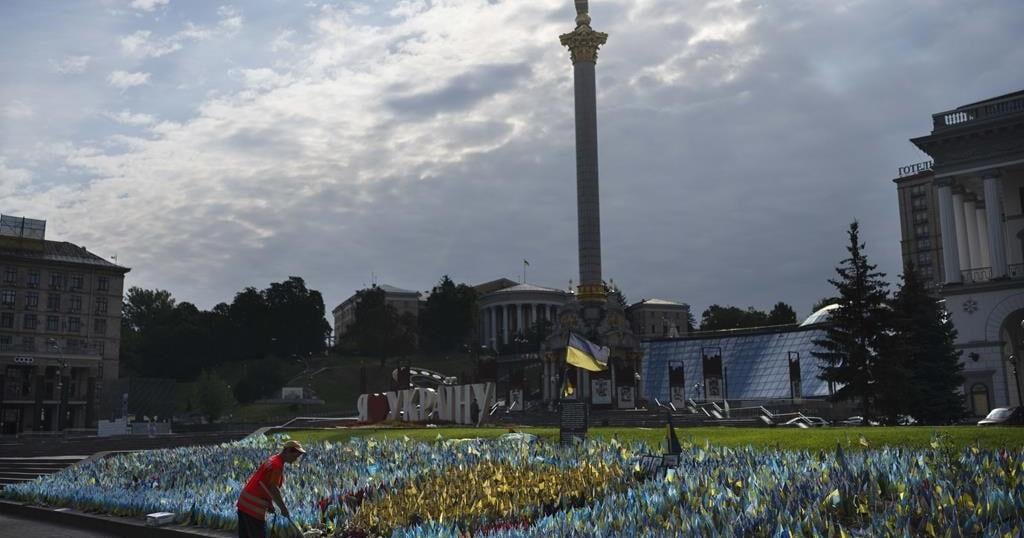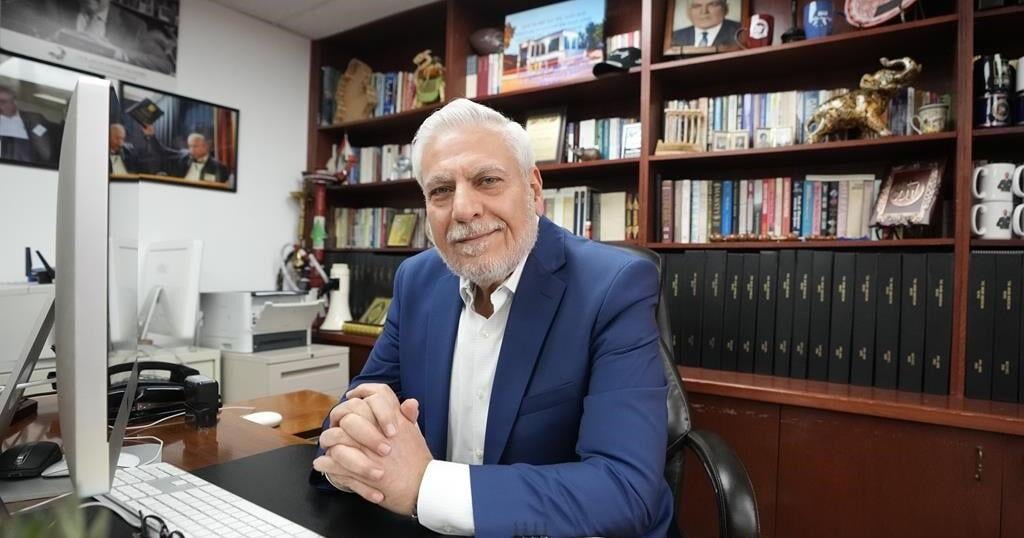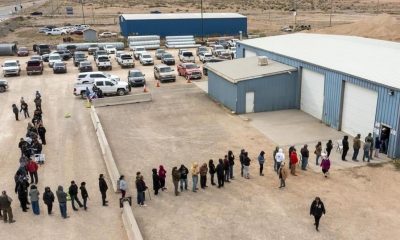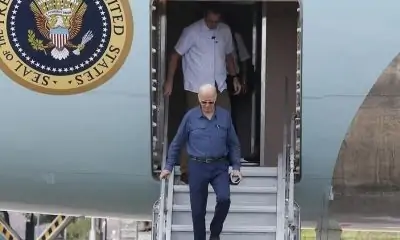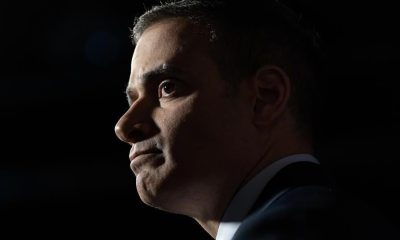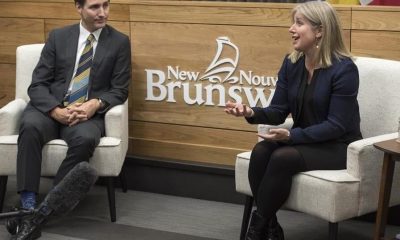FERGUS FALLS, Minn. (AP) — A criminal network stretching from India to Canada made money smuggling families seeking better lives in the United States, including a man who died holding his 3-year-old son in gusting snow and bone-chilling temperatures two years ago, federal prosecutors plan to argue at a trial starting Monday in Minnesota.
Prosecutors have accused Indian national Harshkumar Ramanlal Patel, 29, of running the scheme and Steve Shand, 50, of Florida of waiting in a truck for 11 migrants, including the couple and two children who died after they tried to walk across the border to the U.S.
Prosecutors say Patel recruited Shand at a casino near their homes in Deltona, Florida, just north of Orlando.
Jagdish Patel, 39, died along with his wife, Vaishaliben, who was in her mid-30s, and with their 11-year-old daughter, Vihangi and their 3-year-old son Dharmik. Patel is a common Indian surname and the victims were not related to Harshkumar Patel, who has pleaded not guilty, as has Shand.
The family, from the village of Dingucha in Gujarat state, is believed to have spent hours wandering fields in blizzard conditions as the wind chill reached minus 36 Fahrenheit (minus 38 Celsius). Canadian authorities found the Patels’ frozen bodies on the morning of Jan. 19, 2022. Jagdish Patel was holding Dharmik, who was wrapped in a blanket.
Federal prosecutors say Patel and Shand were part of an operation that scouted clients in India, got them Canadian student visas, arranged transportation and smuggled them into the U.S., mostly through Washington state or Minnesota.
The U.S. Border Patrol arrested more than 14,000 Indians on the Canadian border in the year ending Sept. 30. By 2022, the Pew Research Center estimates there were more than 725,000 Indians living illegally in the U.S., behind only Mexicans and El Salvadorans.
Harshkumar Patel’s attorney, Thomas Leinenweber, told The Associated Press that his client came to America to escape poverty and build a better life for himself and now “stands unjustly accused of participating in this horrible crime. He has faith in the justice system of his adopted country and believes that the truth will come out at the trial.” Attorneys for Shand did not return messages.
Court documents filed by prosecutors show Patel was in the U.S. illegally after being refused a U.S. visa at least five times.
Over a five-week period, court documents say, Patel and Shand often communicated about the bitter cold as they smuggled five groups of Indians over a quiet stretch of border. One night in December 2021, Shand messaged Patel that it was “cold as hell” while waiting to pick up one group, the documents say.
“They going to be alive when they get here?” he allegedly wrote.
During the last trip in January, Shand had messaged Patel, saying: “Make sure everyone is dressed for the blizzard conditions, please,” according to prosecutors.
Prosecutors say Shand told investigators that Patel paid him about $25,000 for the five trips.
Jagdish Patel grew up in Dingucha. He and family lived with his parents. The couple were schoolteachers, according to local news reports.
Satveer Chaudhary is a Minneapolis-based immigration attorney who has helped migrants exploited by motel owners, many of them Gujaratis. He said smugglers and shady business interests promised many migrants an American dream that doesn’t exist when they arrive.
“The promises of the almighty dollar lead many people to take unwarranted risks with their own dignity, and as we’re finding out here, their own lives,” Chaudary said.


